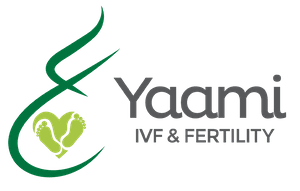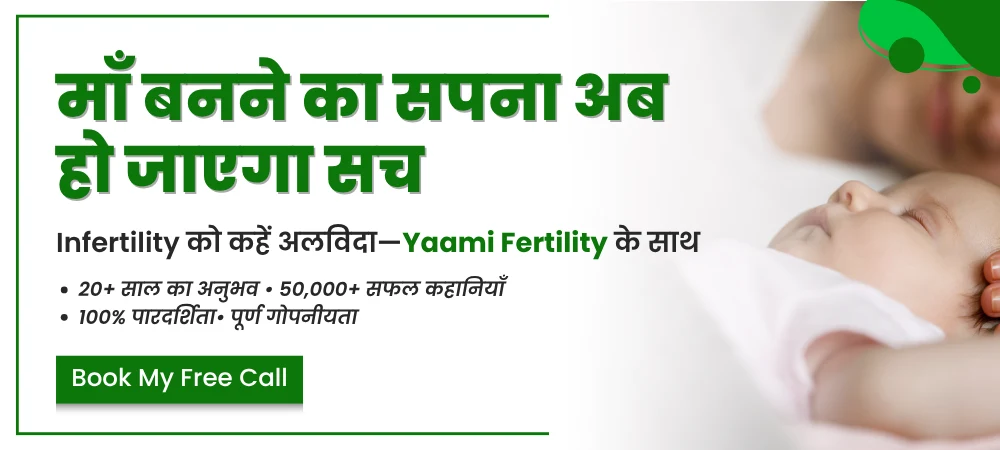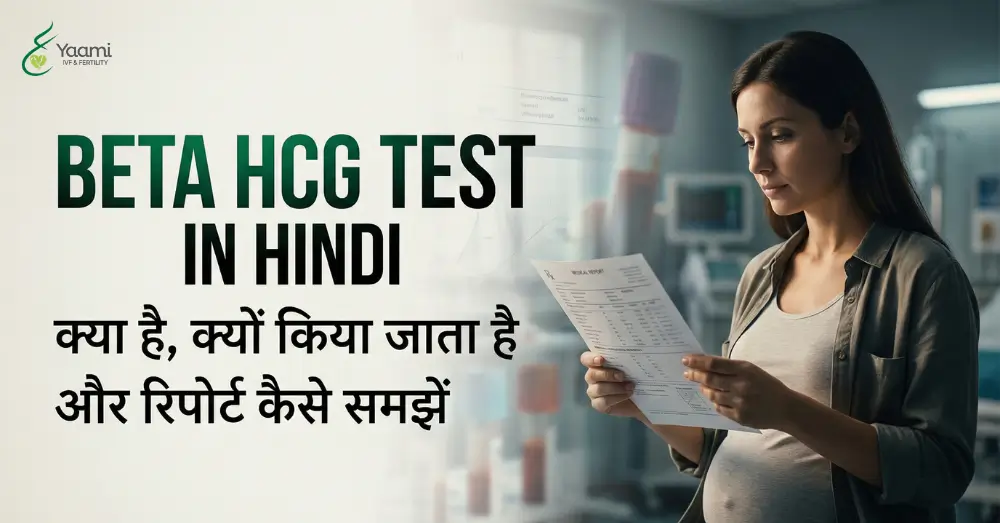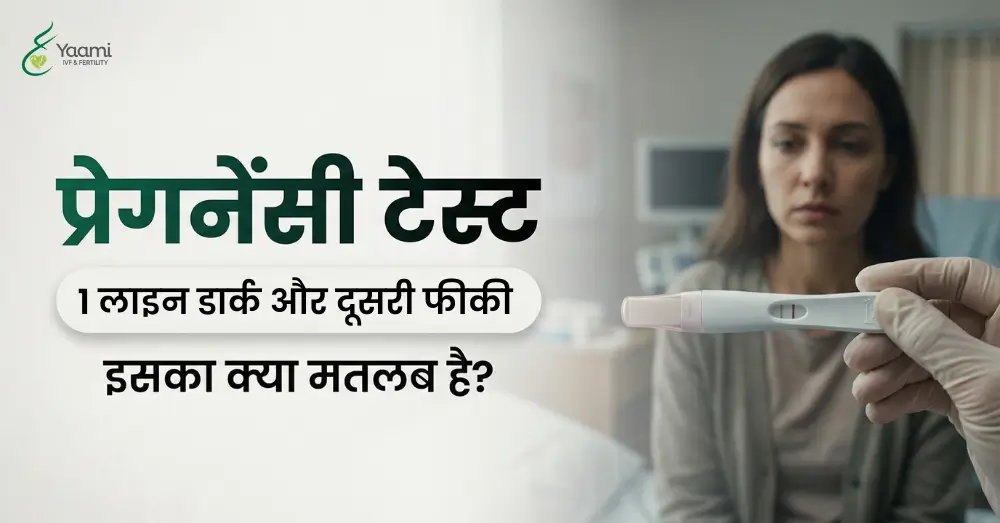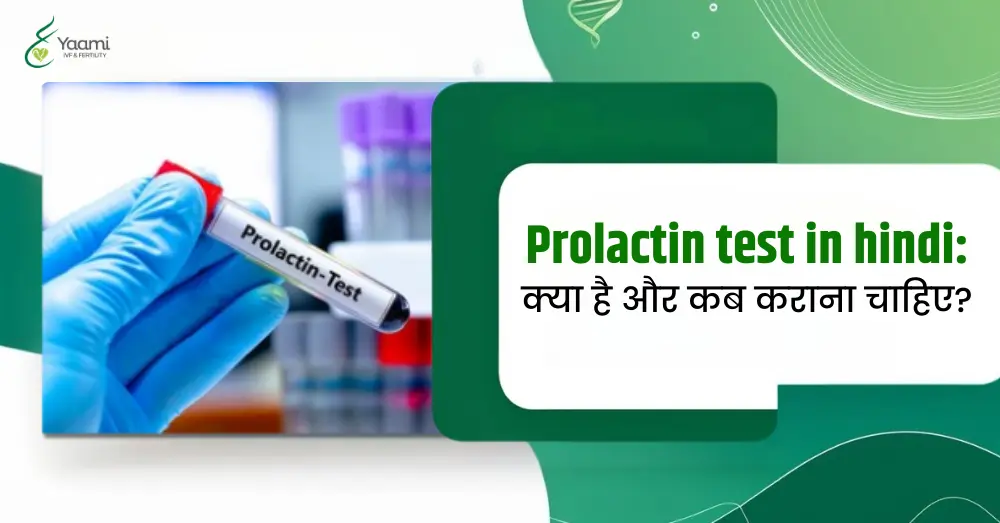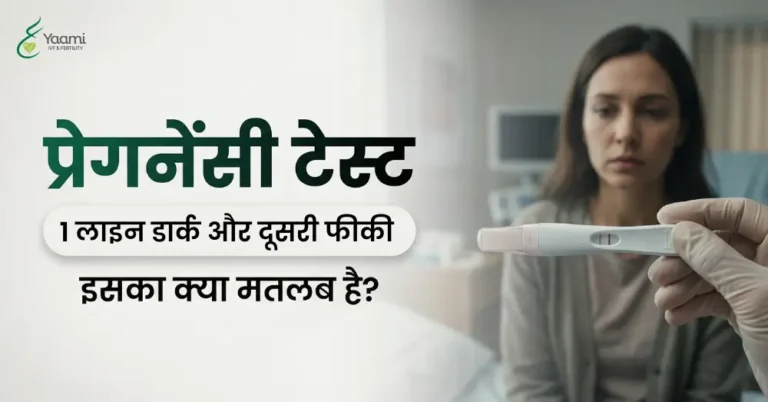When a girl is born, her egg numbers are the maximum that she will ever have in her life. As the age goes up the egg number reduces every day, every week, every month, and every year.
Usually after 32 years of age, egg numbers are good.
At 40 years of age, egg numbers are at least four times lower than what they were at 32 years of age.
but still, as long as even a few eggs are there in the ovary, pregnancy can happen.
Each egg gives us a 5% chance of pregnancy.
So even when the lady is in her 40s, pregnancy is possible with IVF if eggs are still present in the ovary.
Every month I come across at least one lady who gets pregnant after 40 years of age through Embryo accumulation or embryo banking – which means taking eggs out in different months, making the Embryos, and freezing them till we get a sufficient amount of embryos.
So, any lady, even after 40 years of age can try for having a pregnancy through IVF and there is a possibility of success. Even though the egg numbers have gone down.
No doubt they will need more number of IVF attempts than what they would have required when they were less than 32 years old. But still, there is a ray of hope.
Understanding Fertility After 40
When a woman reaches her 40s, her fertility naturally changes. While many women do conceive after 40, it’s important to understand the challenges that may come with age.
1. Natural decline in egg quantity and quality
- Women are born with a fixed number of eggs, and this reserve decreases with age.
- By the age of 40, both the number and quality of eggs drop significantly.
- This makes fertilization harder and can lower the chances of a healthy pregnancy.
2. Impact of age on ovulation and conception chances
- With age, ovulation may become less regular, reducing opportunities to conceive.
- The monthly chance of natural conception at 40 is about 5% or less, compared to around 20–25% in the early 30s.
- Hormonal changes also affect egg release and the uterine environment for implantation.
3. Miscarriage and chromosomal risks
- The risk of miscarriage increases with age, largely due to chromosomal abnormalities in eggs.
- At 40, the chance of miscarriage is around 30–40%, compared to 10–15% in younger women.
- There’s also a higher risk of conditions like Down syndrome or Trisomy 18, which is why doctors often recommend screening tests during pregnancy.
Natural Conception After 40
Even though after 40 your ovarian reserve drops significantly but yes natural conception after 40 is possible. The chances are lower but conceiving naturally per menstrual cycle is about 5% or less. Some women may still become pregnant without medical treatment, especially if they maintain a healthy lifestyle and have no major health issues. However, if pregnancy does not occur after six months of regular, unprotected intercourse, it’s important to consult a fertility specialist. Early medical evaluation can help identify issues and guide couples toward the right treatments to improve their chances.
Read Also: Myths and Misconceptions About Masturbation in Female
Fertility Treatments for Women Over 40
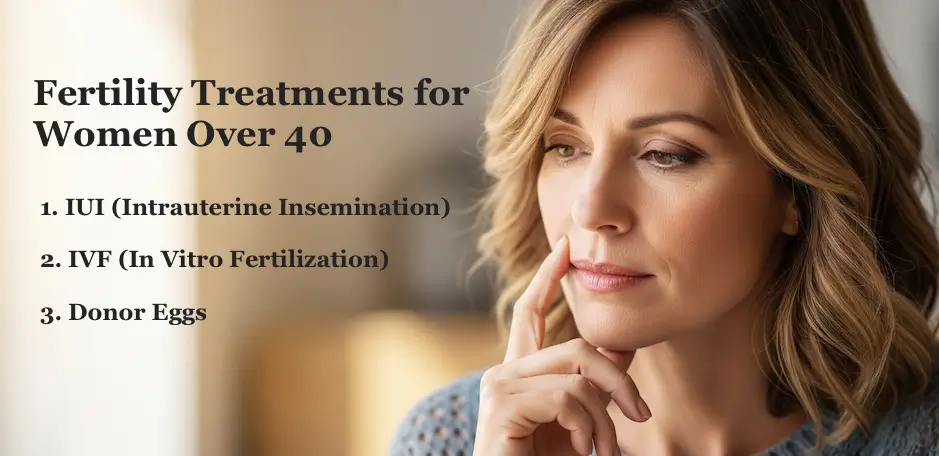
IUI (Intrauterine Insemination) – IUI is an non-invasive fertility treatment when you have mild fertility issues. It is first fertility treatment done for unexplained fertility.
IVF (In Vitro Fertilization) – Most recommended treatment after 40 with higher success rate. It is ART procedure where eggs are fertilized outside in a lab and later transferred in your body.
Donor Eggs – Best option for women with low ovarian reserve and poor egg quality.
When to Consult a Fertility Specialist
After 40, time plays a very important role in fertility. You should consult a fertility specialist if you notice red flags such as irregular or missed periods, a history of multiple miscarriages, or known medical conditions like endometriosis, PCOS, thyroid problems, or low sperm count in the male partner. Unlike younger women who may wait up to a year, experts recommend seeking medical help after just six months of trying without success. Early medical guidance is crucial after 40 because fertility declines quickly, and timely evaluation allows doctors to suggest the best treatment options and improve pregnancy chances.
Conclusion
- Yes, pregnancy after 40 is possible, though with challenges.
- With healthy lifestyle choices and proper medical support, women can increase their chances of becoming mothers at this age.
At Yaami Fertility, we understand that every couple’s parenthood journey is unique. With expert doctors, advanced fertility technology, and personalized care, we are here to guide you every step of the way. Whether you are considering IUI, IVF, egg freezing, or donor programs, our team focuses on giving you the best possible chance of success—while keeping compassion at the heart of treatment.
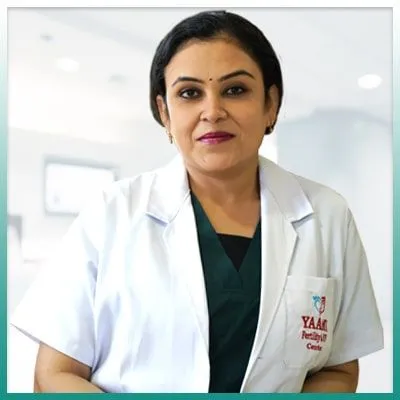
Dr. Swati Singh (MBBS, MD – Obstetrics & Gynecology, DNB, FRM, Diploma in Reproductive Medicine and Embryology – Germany) is a leading Infertility Specialist and Gynecologist with over 18 years of experience. As Co-Founder and Senior Consultant at Yaami Fertility & IVF Center, Indore, she offers advanced fertility care including IUI, IVF, ICSI, and management of female reproductive disorders. Known for her compassionate and patient-first approach, Dr. Swati combines global training with deep clinical expertise. She is also actively involved in women’s health advocacy, medical research, and promoting awareness about reproductive wellness and fertility treatments.
